You are here
Back to topVietnam Responds to China’s Warning on Fruit Quality
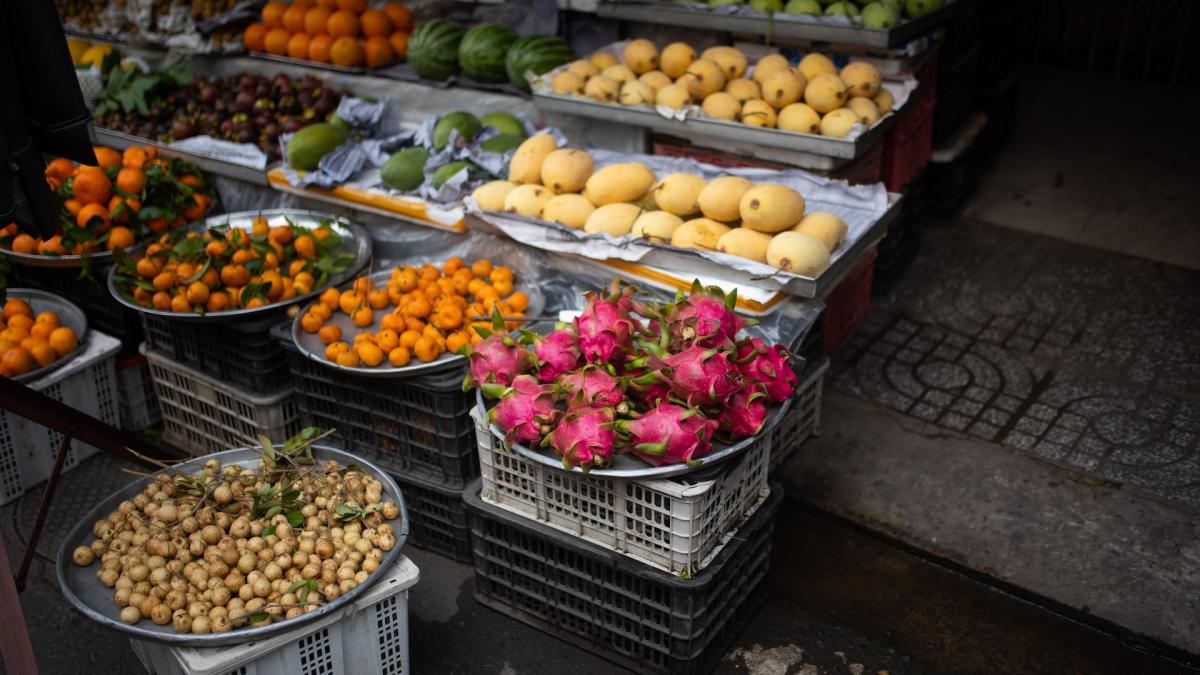
Vietnam’s Ministry of Agriculture and Rural Development recently signed a dispatch urging local authorities to strengthen phytosanitary precautions for fruit exports. The message came after the General Administration of Customs of China issued a warning in July about several failures to comply with phytosanitary standards.
The GACC named bananas, jackfruit, mangos, longans, dragon fruit and durians as items that had failed inspection upon arrival in China. Because of China’s stringent fruit quality regulations, with a focus on pests and fruit diseases, 100% of inbound fruit consignments are inspected. If any violations are found, the entire batch of fruit is returned.
Inadequate fruit control in Vietnam has been attributed to a lack of workers designated for phytosanitary monitoring at farms and packing facilities certified for export to China. To avoid the Chinese side suspending imports, the ministry urged provincial and municipal authorities in Vietnam to boost the number of workers in this sector as well as educate farmers, packers and exporters about the GACC’s standards. In addition, better control over the packing process and the sanitization of all fruit batches were demanded.
According to the ministry, growing area codes will be terminated for farmers whose batches are deemed ineligible by Chinese customs authorities. The use of packing facilities that supplied services for such batches will also be halted. In the event of repeated violations, the codes for both planting areas and packing facilities will be revoked.
From 2021 to July 2023, Vietnam’s Ministry of Agriculture and Rural Development received 107 warnings from importing countries over consignments that failed to comply with food safety requirements, primarily owing to exceeding residue limits, rotten items and allergen levels.
As of July 2023, Vietnam’s fruit industry had 6,883 growing area codes and 1,588 packing facility codes that qualified for exporting to overseas markets such as China, the United States, Australia, New Zealand and South Korea. However, in some provinces, only about 10% of accredited farmers and packers are properly supervised. Out of the 292 production unit codes and 68 packing facility codes under monitoring, 13 growing area codes and 30 packing facility codes have been revoked since 2022.
According to Vietnam Customs data, the country’s total fruit and vegetable exports hit $3.5 billion this year, up over 56% from the same period in 2022. China is Vietnam’s top fruit and vegetable export market, with $2 billion in fresh produce exported during the first seven months of 2023, a 128% increase over the same period of last year. Exports to Vietnam’s second-largest market, the United States, totaled $140 million, a fall of more than 11% year on year, while exports to South Korea and Japan reached over $130 million and $110 million, respectively.
Image: Unsplash
This article was based on a Chinese article. Read the original article.



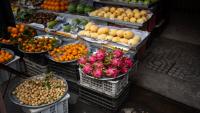
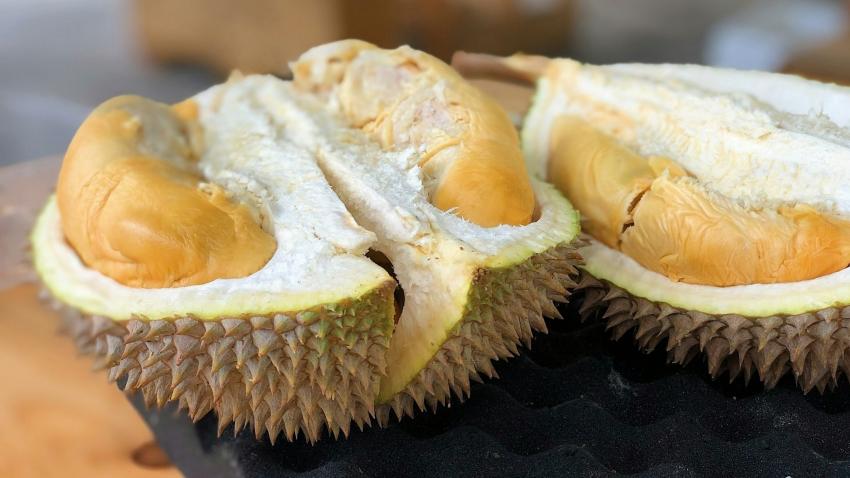
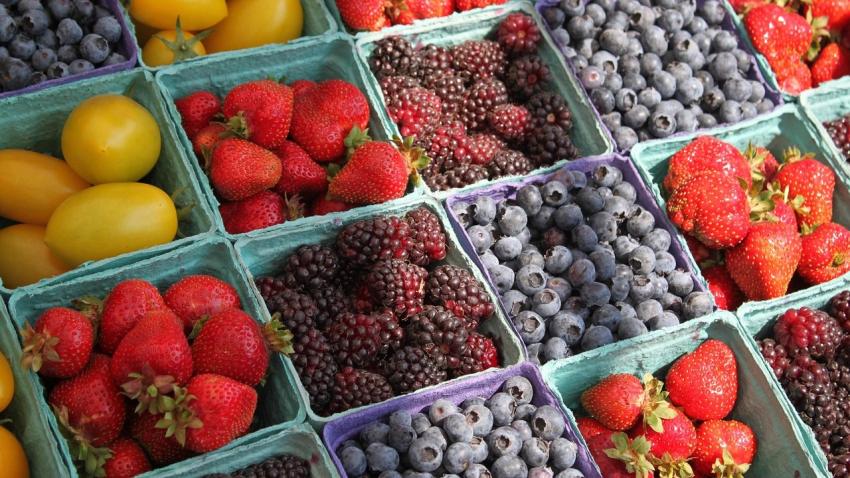
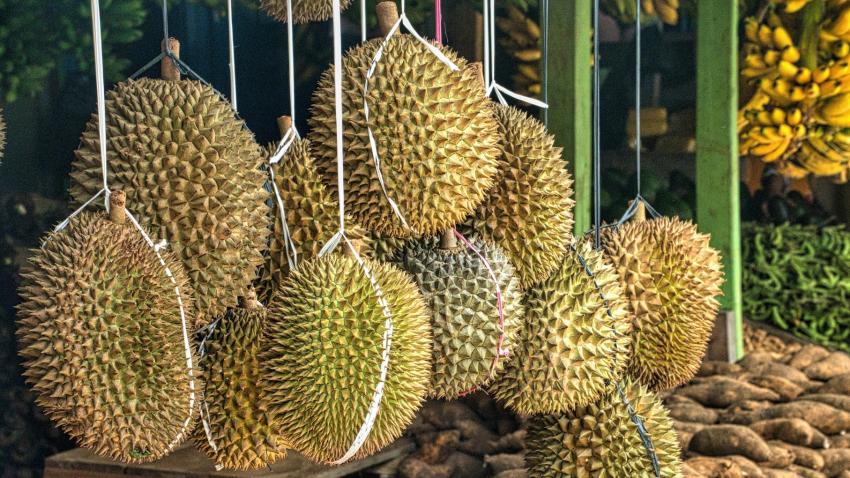
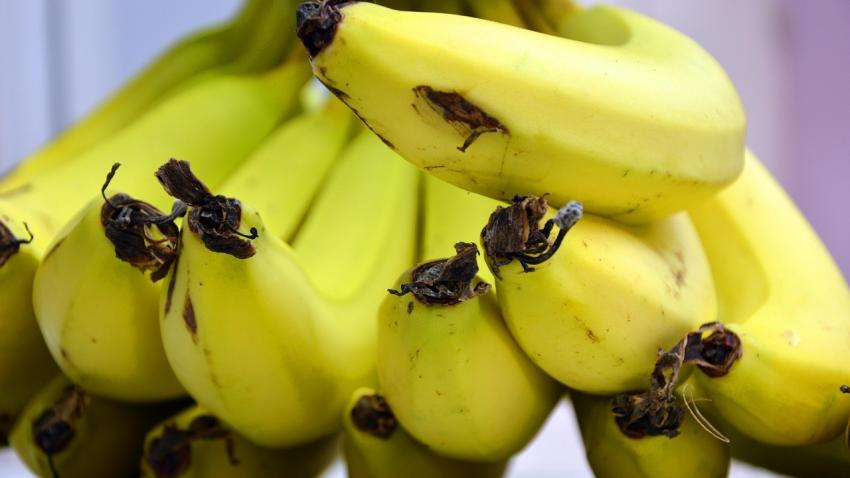







Add new comment